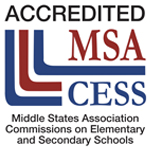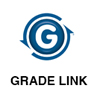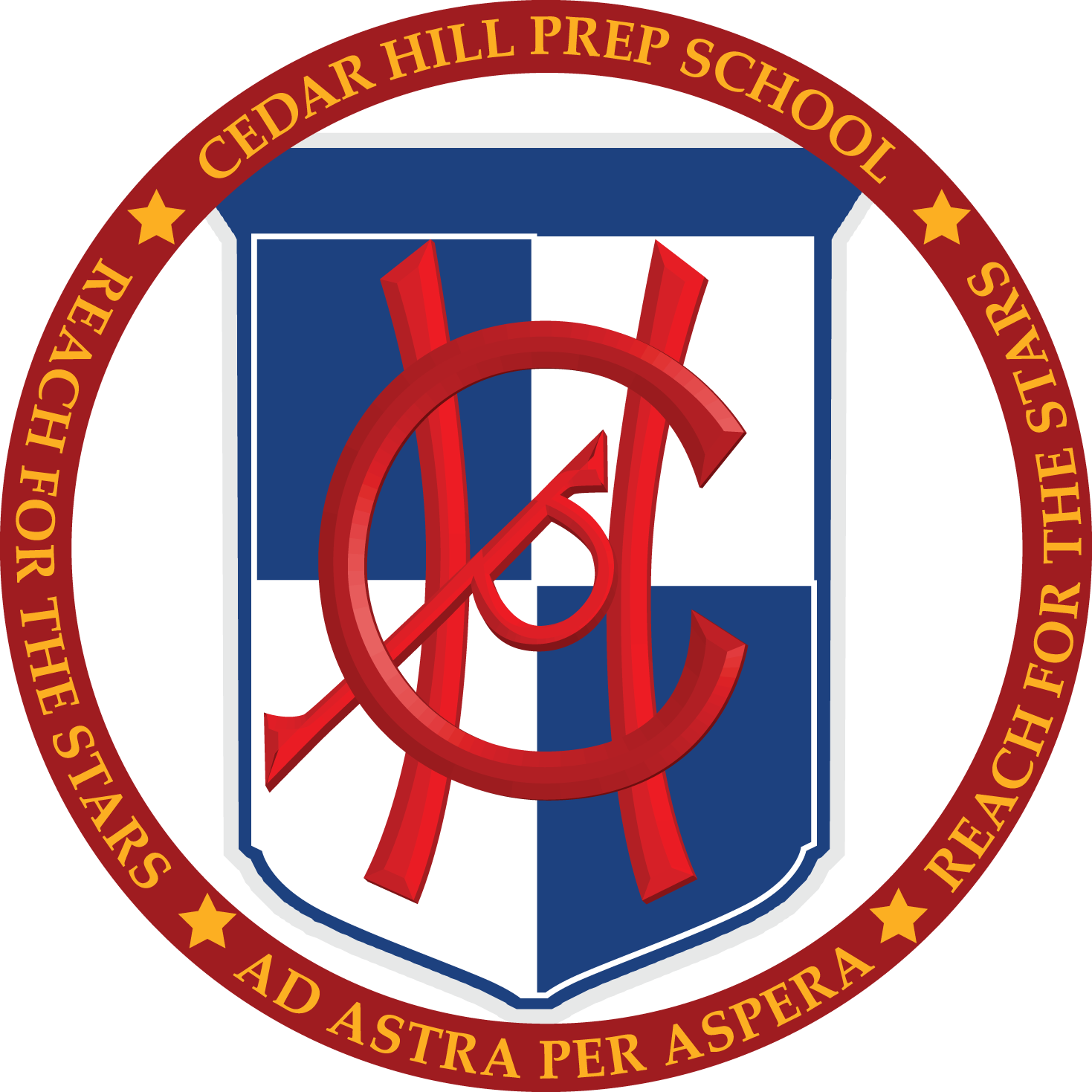Private School vs. Charter, that is the question. Most conversations about American education tend to place private and charter institutions in the same category, but upon closer inspection it becomes clear that these two types of academic institutions couldn’t be more different.
We’ve listed some of the key differences between private schools and charter schools.
Private School vs. Charter | What makes a school a charter school?
A charter school is a privately or independently run public school. At the heart of each charter school is a charter (hence the name) that states the school’s mission, methods of teaching and assessment, and the students that it serves, among other things.
How do charter schools and traditional public schools differ?
A key difference is that charter schools, though they are technically public and tuition-free, often require that students take entrance exams. Charter schools are often afforded a greater degree of flexibility than their public school counterparts because they are independently run. While a charter school may find itself exempt from some of a school district’s public school regulations, it will not be exempt from all of them. The laws and regulations that control charter school standards will vary from state to state.
How are charter schools funded?
As tuition-free public institutions, charter schools compete for state-provided funding with the public schools (charter or traditional) within and without of its school district. In certain states, including New Jersey, charter schools actually have fewer funds given to them than their traditional public school counterparts. In order to supplement the state-provided funding, many charter schools will organize fundraising efforts with parents and students.
How do charter schools perform academically?
According to several studies, including the California Charter School Association’s Annual Report on charter school Performance and Accountability, it’s become apparent that many charter schools are unable to guarantee academic performance that consistently surpasses that of public schools. In the 2011 Report, it was shown that charter school students were more likely to either under-perform or out-perform their public school counterparts than they were to perform comparably. While there is an ongoing effort to change this trend, a complete deviation (towards the desired results) has yet to be seen.
Private School vs. Charter | What makes a school a private school?
Private schools are independent institutions; they are not run by local, state, or federal governments. Because they have no governmental affiliations, private schools have full control over every facet of their institution: from how they select their students to establishing their own academic standards.
How do private schools and charter schools differ?
The most notable difference between private and public (both charter and non-charter) is that a private school has complete control over every aspect of its curriculum; this includes, but is not limited to: subject matter, degree of difficulty relative to grade level, and regulating/establishing performance standards for its students. Additionally, a private school has full control over how it chooses to allocate its budget, allowing for opportunities that would not ordinarily be possible in a charter primary or secondary school setting.
How are private schools funded?
The primary funding for most private schools comes from the annual tuition paid for each student. A tuition fee may be supplemented by several other additional fees (e.g.: a technology fee or a books and materials fee). Again, where a charter school’s budget is controlled largely by its state, a private school’s budget is exclusively controlled and allocated by the school as it deems fit.
How do private schools perform academically?
Studies have shown, time and time again, that private school students will oftentimes outperform their public school peers. In their December 2013 newsletter, the Council for American Private Education (CAPE) highlights The Nation’s Report Card’s evaluation of 8th-grade math and reading skills. In both cases the number of private school students who performed “above average” far exceeded the number of public school students who performed “above average.”
Private School vs. Charter | Where does Cedar Hill Prep fall?
As a privately run academic institution, Cedar Hill Prep has complete control over every aspect of our students’ academic journeys. From preschool through 8th-grade, it’s our mission to provide our students with any and every resource or opportunity that will foster their creativity, their intellectual growth, and their desire to learn.
Sources:
- https://www.ccsa.org/
- https://www.ccsa.org/advocacy/accountability/portraitofthemovement/?utm_source=portraitofthemovement&utm_medium=go%20;%20https://www.greatschools.org/gk/articles/charter-schools-better-than-traditional/
- https://www.capenet.org/pdf/Outlook390.pdf
- https://www.capenet.org/
- https://www.nationsreportcard.gov/





